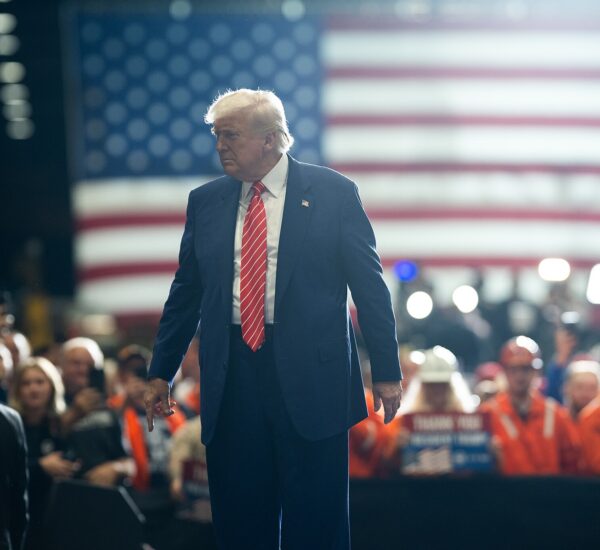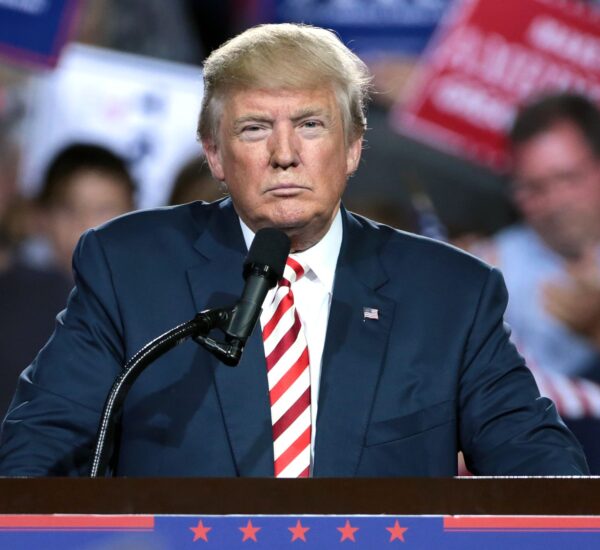Trump Declares A Culture War?
President Trump, in the early days of his second term, has firmly positioned himself at the forefront of the cultural wars, reflecting his continued commitment to championing conservative values. As his administration advances, the focus on cultural issues has sparked considerable attention, especially those that resonated deeply with his supporters during his first campaign.
One of the first major moves of Trump’s second term was his executive order prohibiting transgender athletes from competing in women’s sports—an issue that had been a rallying cry at his rallies and has continued to dominate conservative conversations. This decision is a direct challenge to the left’s growing influence over cultural norms, reflecting the administration’s stance against what they view as radical social policies. Trump’s team has made it clear that they intend to protect traditional values, even when it means confronting powerful institutions and groups.
In addition to the transgender sports ban, Trump made waves by terminating government programs tied to diversity, equity, and inclusion (DEI). He signed orders aimed at halting federal DEI initiatives, a move that’s been embraced by his base as a return to merit-based principles. Additionally, Trump made headlines with his controversial decision to reshape the Kennedy Center’s leadership, putting a staunch ally in charge and vowing to root out what he called anti-American elements, including drag shows. These actions reflect a broader agenda of reversing what Trump and his advisers consider the leftward drift of American culture.
Beyond cultural institutions, Trump has taken action against foreign aid that supports LGBTQ+ and diversity initiatives, arguing that taxpayer dollars should not fund such programs abroad. His administration has also reinstated a ban on transgender individuals serving in the military, further asserting his position on issues of gender and national security.
For many Republicans, these cultural moves resonate deeply, reflecting promises made during the campaign trail to combat “woke” politics. The president’s policies are widely seen as fulfilling his mandate from voters who are concerned about the erosion of traditional values. A CBS/YouGov poll showed that 70 percent of voters believe Trump is staying true to his promises, with a strong approval rating, especially on his stance against DEI programs and foreign assistance. These numbers signal that cultural issues remain a significant driver of his popularity.
However, as Trump pushes forward with these cultural battles, there are signs of concern. While his base is fired up, some analysts suggest that Democrats may seek to capitalize on the economic frustrations of voters. Many feel that while Trump focuses on cultural issues, he has not delivered on promises to lower inflation or ease everyday economic pressures, like rising grocery costs. A major challenge for Republicans in the upcoming election will be balancing their focus on cultural issues with the need to address voters’ concerns about their economic futures.
As the 2024 election looms, Trump’s strategy appears clear: He will continue to fight on cultural battlegrounds that energize his supporters, while attempting to hold the Biden administration accountable for its economic shortcomings. Whether this will be enough to win back the White House remains to be seen, but one thing is certain: cultural issues are more central than ever to the Republican agenda.





